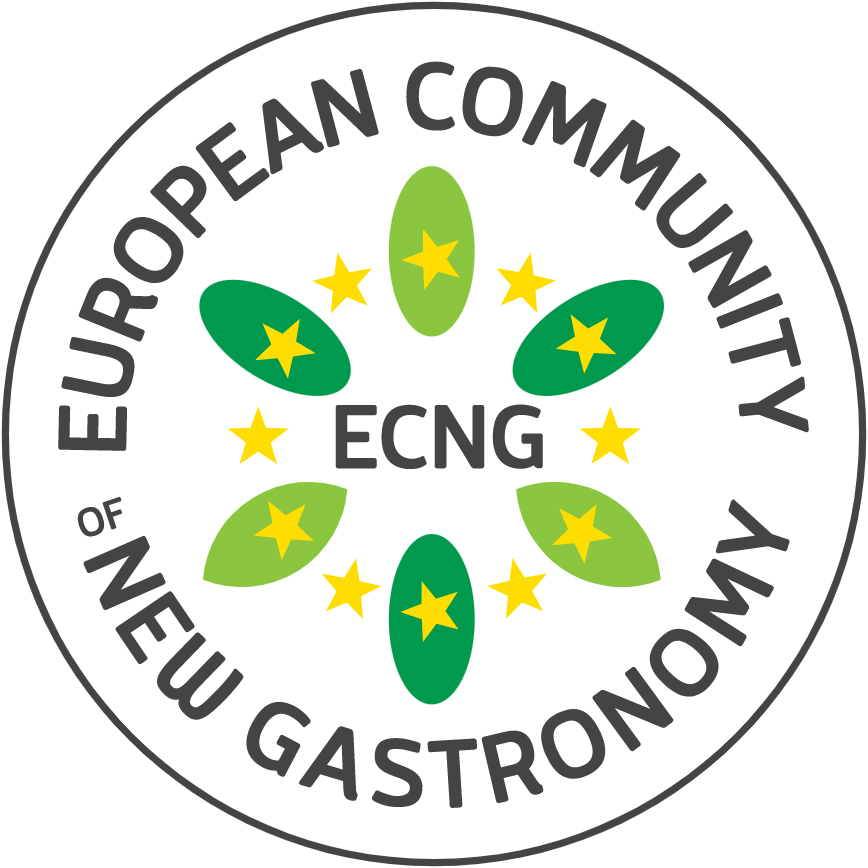The Relevance of Gastronomy in the World
Within the framework of the Millennium Goals, the main task is undoubtedly to combat hunger and the problems of drinking water in all those countries that still suffer this humanitarian scourge.
On the other hand, in developed countries with acceptable economic levels, health has always been and continues to be the main cause of concern for individuals, families and societies. There are many causes affecting health that contribute to a wide range of diseases and pathologies, such as lack of physical exercise, lack of emotional control and the ingestion of harmful products such as drugs, excessive alcohol or tobacco. However, the main element is undoubtedly inadequate nutrition, which is the main cause of obesity problems, anorexia, cardiovascular diseases, diabetes, gastric problems, etc., which contribute decisively to the health of individuals and generate extraordinary expenses, in public or private health care.
It is therefore absolutely essential to incorporate knowledge about nutrition and taste education, as well as food-gastronomy knowledge and culture, into the educational systems of the different countries.
On the other hand, gastronomy and cooking have become an increasingly important form of artistic and cultural expression, with food and good food being one of the fundamental supports of social and family relations. Finally, gastronomy has obviously become an essential element of tourism promotion, with the gastronomic offer being one of the main motivations for choosing a travel destination.
It is in this context that Resolution A7-0127/2014 was adopted by the European Parliament, recommending to the European Commission and the Member States the development of food and gastronomy education policies by including them in the education system of all countries.
